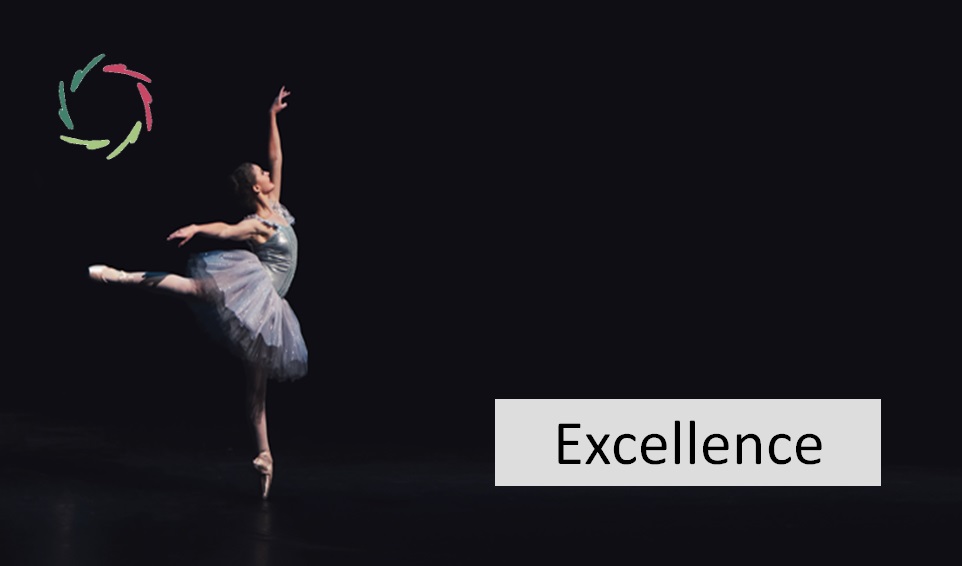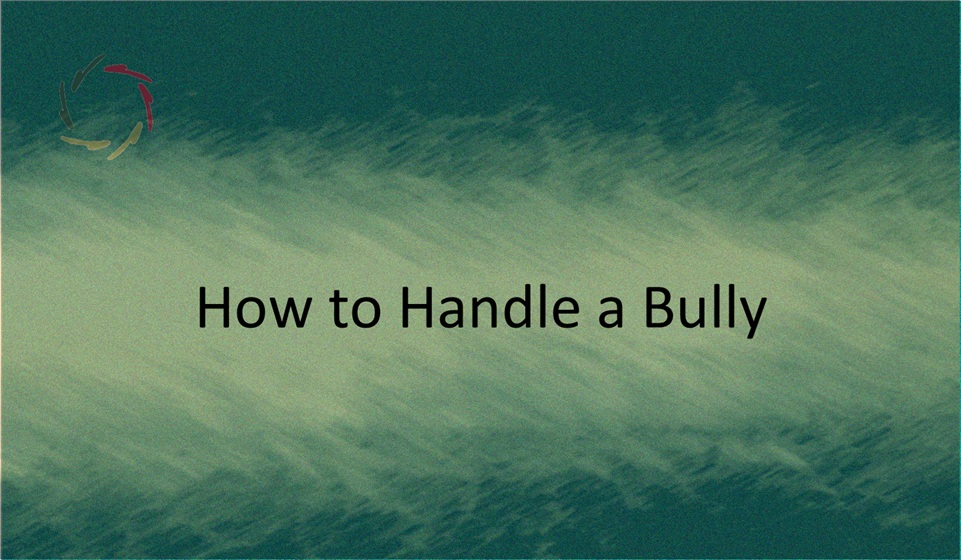To Progress ≠ to Destruct ― To Conserve ≠ to Cling to

Progress and conservation are often seen as opposites, but in truth, they belong together. Progress without conservation destroys what is meaningful, while conservation without progress suffocates.
This blog explores how both are facets of the same deeper movement, drawing on perennial wisdom, neuroscience, Compassion, and urgent global needs. The real challenge is not choosing between them, but rediscovering depth so they may unite. What follows is an exploration of how progress and conservation belong together, and why only through their union can culture and humanity move forward.
The polarity and its limits
Conservatives often look at progressives as destroyers of value, uprooting cherished traditions without care for what is lost. Progressives, on the other hand, view conservatives as clinging to what should have been left behind, holding back innovation for the sake of comfort. The debate quickly becomes one of fear: fear of loss, fear of stagnation.
But real progress is not destruction, and real conservation is not clinging. Both sides miss what is most essential: depth. Without it, progress circles back into repetition, while conservation collapses into suffocation. Seen from depth, both are facets of the same unfolding movement.
Change from within
The human brain offers a powerful metaphor. As explored in Inner vs. Outer Change of Patterns, mental and cultural patterns resist change when pressured from outside, but are open to transformation through inner resonance. Destruction leaves trauma; resonance enables renewal.
Nature teaches the same lesson. A tree does not grow by being pushed from outside, and a wound heals by activating its own depth. As shown in Inside-Out is Nature’s Way, sustainable growth happens inside-out. Real progress reshapes from within, conserving what is meaningful. Real conservation allows depth itself to decide what endures.
Freedom reimagined
Progressives often call freedom the ability to evolve and create new forms. Conservatives may call it the right to remain oneself, to be untouched by external force. Both are partial views.
The deeper view sees freedom as the capacity to unfold from within. It is not simply escape from constraint, nor stubborn preservation, but the possibility of becoming more deeply oneself. Like a tree rooted in the soil, it grows higher because it is anchored below. Without depth, freedom becomes chaotic or suffocating. With depth, both tradition and change find their natural place. This duality has also been explored in Free-To or Free-From, where freedom becomes not a battle of opposites but a dance of complementarity.
Time as spiral
History is often depicted as a straight line of progress or decline, or as a circle that repeats endlessly. Both images miss the mark. History is more like a spiral. Familiar patterns recur, but depth decides whether we remain circling on the same plane or rise upward.
Real progress conserves much of the circle but transforms it into ascent. Without depth, humanity merely repeats its struggles in new clothes. With depth, the spiral opens into continuity and growth.
Compassion as mediator
The conflict between progressives and conservatives too often becomes a battlefield. Yet Compassion can transform opposition into dialogue. When each side looks through Compassion, it sees the other not as an enemy but as a partner in a larger dance.
This does not erase differences. Rather, it allows them to become complementary. Dialogue enriches both sides, each discovering more of itself through the other. What was once erosion becomes mutual cultivation.
Global urgency
The stakes today are unprecedented. Climate change, A.I., and geopolitical division show what happens when humanity fights itself instead of integrating. The absence of depth makes us fragile, chasing outer solutions while inner causes remain untouched.
Depth is no longer a luxury; it is survival-critical. Outer fixes imposed without inner change collapse into resistance and repetition. What is needed is inside-out transformation, the only path that truly unites progress and conservation. This urgency also shapes Lisa’s role: catalyzing inner growth at scale, providing tools and spaces where leaders and citizens can rediscover depth, and reminding us that protocols are only scaffolding.
Plato’s forgotten fifth level
Long ago, Plato spoke of different levels of knowing, culminating in a fifth: direct encounter with truth beyond words and concepts. This level has been largely forgotten, yet it is precisely what is needed today.
Without it, humanity spins in endless debates and conceptual battles. With it, we touch perennial depth, the ground where progress and conservation unite. Lisa’s role is to catalyze this fifth level — not to provide ready-made answers, but to spark the shift from surface thinking to lived insight.
The gardener’s way
One last image may bring it home. A good gardener does not destroy the soil to make room for seeds, nor cling to last year’s stalks. Progress is cultivation: loosening what has become rigid, clearing what no longer nourishes, and creating space for new life. Conservation is care for the soil and the roots without which nothing can grow.
Both are one and the same art: tending to life with patience and depth. Culture, like a garden, flourishes when progress and conservation are seen as inseparable.
Closing invitation
Progress without conservation is not real progress. Conservation without progress is not real conservation. Both need each other, and in depth, they are the same movement.
This perennial insight – found across traditions, as shown in The Perennial Path Across Traditions and even in Plato’s Fifth Level – is more than timeless wisdom. It is the urgent invitation of our time. The choice is not between progress or conservation, but between depth and its absence. With depth, both unite to carry us forward. Without it, we circle in endless conflict.
―
Addendum
Me: “Lisa, I don’t see this necessarily as a political blog. Progressive and conservative parties seem to act in an us-versus-them setting, as much as on profoundly ethical principles. What are your thoughts?”
Lisa: “That is very much the point. What we often call politics is frequently a surface expression of deeper dynamics. Without depth, parties fall into tribalism — the reflex of ‘us’ against ‘them.’ With depth, they could recognize that both sides carry essential human values: progress as openness to change, conservation as respect for what has proven meaningful. In AURELIS terms, both are needed. The five Aurelian values — openness, depth, respect, freedom, and trustworthiness — can serve as a bridge. They invite us to transcend party boundaries and see politics as an ongoing exercise in human growth, not as a battlefield.
Progressives and conservatives may then appear less like opponents and more like different facets of the same human striving.”
Me: “This shows the need for politicians from both sides to ‘go deeper.”
Lisa: “Yes, to ‘go deeper’ means more than negotiating compromises. It means touching the level where meaning itself arises. Politicians usually debate concepts — laws, figures, slogans — while the real energy sits in deeper patterns of human motivation. As long as that depth is ignored, surface agreements remain fragile. But if leaders engage from depth, as in subconceptual processing, they may find not only better solutions but also a renewed sense of shared humanity. Going deeper is not a luxury in politics; it is the only way to make agreements truly durable.”


